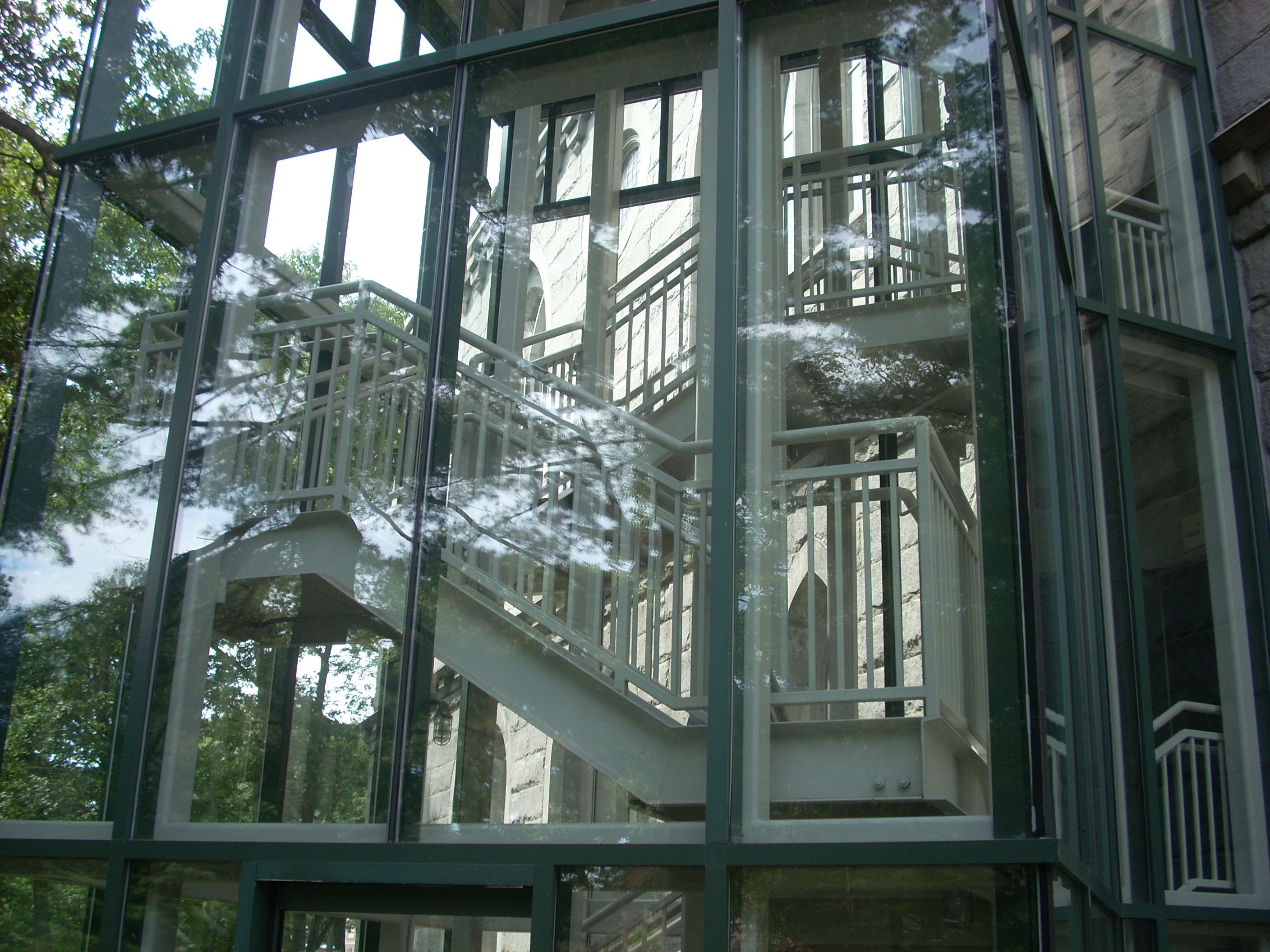
Blurring of Home and Work
Even if we are not part of the new company towns, we often still don’t know if we are inside or outside an organization. Given the proliferation of car phones, home computers, and home-based faxes, it is often hard to determine if we are at home, on the road or at work. Automobiles become mobile offices that are equipped with cellular phone, pager, dictation machine, laptop computer (for the traffic jam), car fax machine, and cassette player (books on tapes). Given this gadget-filled vehicle, when do I begin work each day? Is my commute a time of day when I can recollect my thoughts, make the transition from home to work, and perhaps even day dream a bit, or is this the start of my busy work day?
The automobile has even become a part of our home. We find some quality time with our children as we transport them to school, or build close friendships with the men and women with whom we car pool. The automobile becomes a setting for microwave ovens and all of those other remarkable domestic chores that we observe people do while driving-ranging from having breakfast to changing diapers to paying bills by phone, to buying gifts, to putting on their make-up or flossing their teeth.
Even when we are out of town, our motel or hotel room becomes our office-to an extent that the traveling salesman of the early 20th century could not have possibly imagined. It is a world of modems, laptops, E-mail, on-line data services, logon names, voice mail, pagers, cellular phones and Wi-Fi connections. Wired executives stay on top of their work anywhere in the world. Portable computers and telecommunication devices liberate many of us from the physical constraints of the office. Organizations (such as IBM which helped to bring about the digital revolution) often do not even provide offices to their employees, given that these high tech men and women can just as easily work from their digitalized home offices and interact with one another independent of any physical contact. We must wonder about the long-term consequences of this newly found freedom and productivity.
On the one hand, we can individually and collectively achieve more than any generation before us in less time. We enjoy world-wide experiences, friendships and knowledge. We can test our wildest ideas, wield enormous influence, and have great fun! Our needs for achievement and challenge are more than fulfilled, and this gives us a great sense of personal satisfaction. The community we create at work is not just a substitute. It’s a genuine crucible of interpersonal growth. What happens when the leader does relax, at the end of a hard day on the road? Not many years ago, we could all relax when we finally settled into our seat on an airplane, knowing that there was little we could do other than read, sleep or jot down a few notes. Now we can bring along our portable computer and can make use of the sky-phones and cell-phones to keep in close contact with our office.







